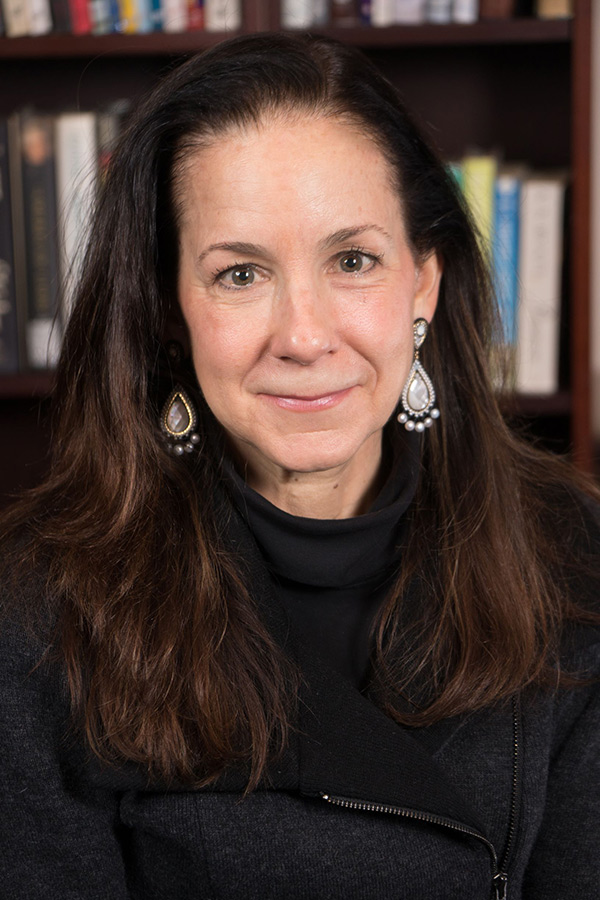School closings related to the COVID-19 pandemic have presented teachers, students and parents with tremendous challenges, but they have also handed education stakeholders some opportunities to undo the inequities that have been built into the nation’s education system over the past three decades, writes Amy Stuart Wells, Professor of Sociology and Education, in an opinion piece in Education Week.
The shuttering of schools across the country has “dealt major blows to a public education system already on life support, struggling to maintain its viability after decades of reforms promoting practices antithetical to public institutions and the education profession,” writes Wells. “For the last 30 years, more standardized testing, private management, and school choice options coupled with less teacher preparation have been just about the full extent of policymakers’ ideas related to education.”

Amy Stuart Wells, Professor of Sociology and Education (Photo: TC Archives)
The current hiatus from classroom teaching could give educators the space to “demonstrate why education is a profession and not just an occupation. In this moment of loss, educators must regroup, reframe, and reimagine that profession.”
To that end, Wells calls for:
- A renewed and enhanced appreciation for teachers. The shift to home instruction has given parents--many of whom are working as essential workers outside the home or from home themselves--a window on just how knowledgeable, skillful and patient teachers are.
- Making the most of the one-time reprieve from onerous state-mandated standardized testing. Cancellation of standardized tests such as college entrance exams and Advanced Placement tests allows teachers to abandon test preparation and assign more project-based and student-centered assignments that have higher educational value and engage students more.
- Using the virtual arena as an antidote to de facto segregation. The rise in school choice has resulted in increased separation of students along racial, ethnic and economic lines. Online learning offers opportunities for educators and students to reach beyond the four walls of their own classrooms to students in different parts of their cities, states and the world.
- A clear and urgent demonstration of the importance of civics. As education stakeholders at all levels grapple with the political and legal aspects of school funding and equity, students are experiencing at close range the need for education to prepare them for active participation in civic life.
“It is time for educators, students, parents, and taxpayers to unite and demand a much-needed rebirth of our public education system in the wake of this pandemic,” Wells concludes.“ Freed from shortsighted education reforms, they are better positioned to do what they were trained to do–teach our children to think. That is the teachable moment for us all.”